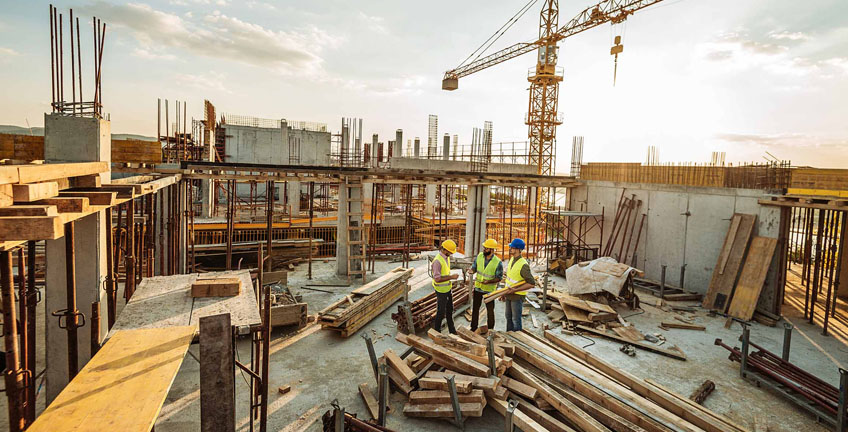Forfás (2013) stated that one of the major challenges to competitiveness in the Irish construction sector was a developing shortcoming in the delivery of projects due to slow acceptance of the need for process improvement (for example Lean). In parallel, many are questioning why hasn’t Lean taken more of a hold in construction. The Egan Report (1998) had suggested that construction needed to change the culture, style, and management of the sector and suggested the use of Lean techniques; but disappointingly, stakeholders note there still exists a construction culture that is dominated by short-term action-oriented behaviour, and again call for a new type of construction philosophy and approach.
Lean in founded in ‘Value’, and in construction, Value to the customer is considered as being delivery of the project within pre-agreed cost, schedule, and quality limits; Lean construction achieves this by keeping a clear customer-focus at project level. The creation of Value is the ultimate outcome but the concept of Value generation is a challenging approach to manage in the Lean Construction Project Management Process, as having the tactical intellect to be value-driven at every opportunity is a dramatic move away from the Traditional Construction Project Management mind-set of dealing with each operation as it arises and not having flow or continuity between activities.

It is easy for construction to find reasons to resist change and to reject tools and techniques from manufacturing in the belief that construction is different. However, experience and case studies suggest the peculiarities of construction need not always be a problem, or be perceived as a problem, and should not always necessarily result in negative effects and waste. The goals of Lean thinking succinctly describe the management of dynamic projects which, to be effective, necessitates a deep understanding of the objectives and techniques of Lean construction. The principles and human values of Lean thinking are embodied in the Last Planner System™ which is a production planning and control practice that has enriched the construction sector by enabling social exchange on construction projects.
Traditional Construction Project Management (TCPM) does not account for the impact of the variability that affects all aspects of operations during project execution. A typical symptom of variability is the build-up of work-in-process at different points in a project, which can have unanticipated consequences for project execution both in cost and schedule. Also, TCPM does not allow project teams control the execution of detailed project work activities in response to the day-to-day variability affecting project execution.
TCPM views projects as a tradeoff between the iron triangle elements of cost, time and scope. Lean construction, allied to the adoption of a “Process” and “Productivity” mindset & approach can dramatically influence & change the current dissatisfaction with project outcomes.
Understanding Value in construction, recognising who is the next-customer, and focusing on flow creation, variability reduction, capacity utilisation, & applying scientific problem solving are key aspects that will mitigate waste, delay, and cost overruns on construction projects.